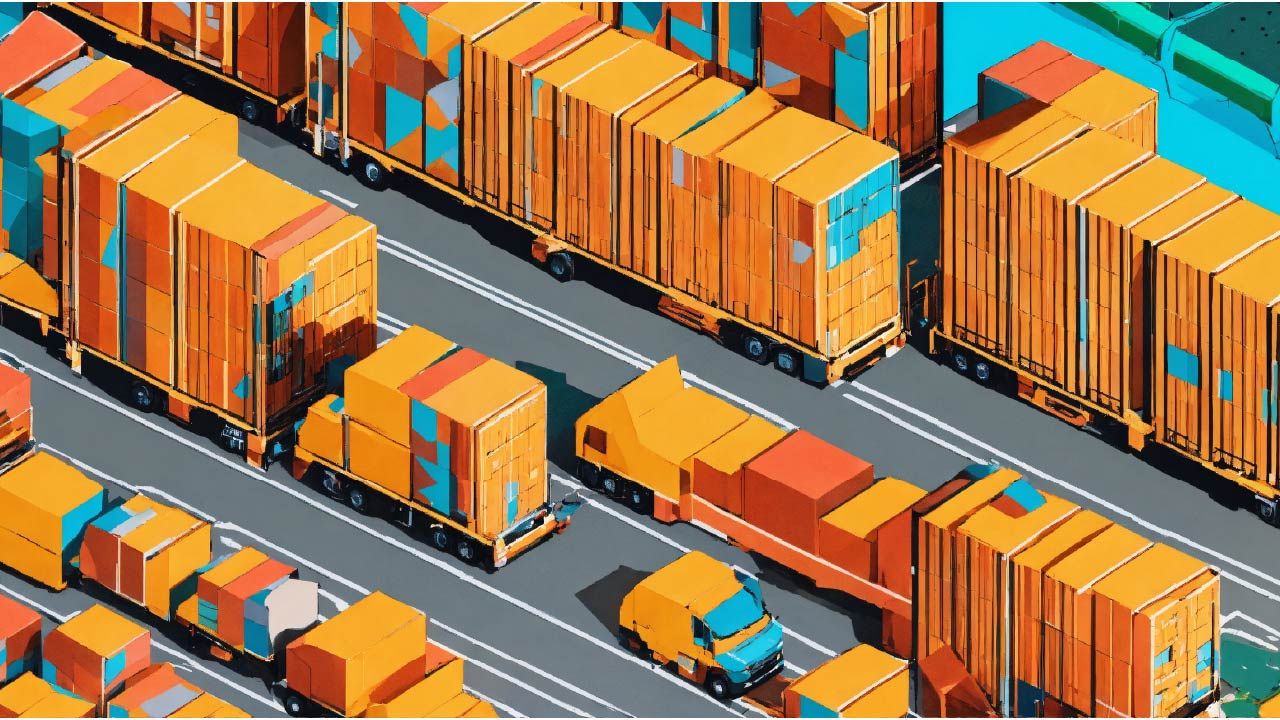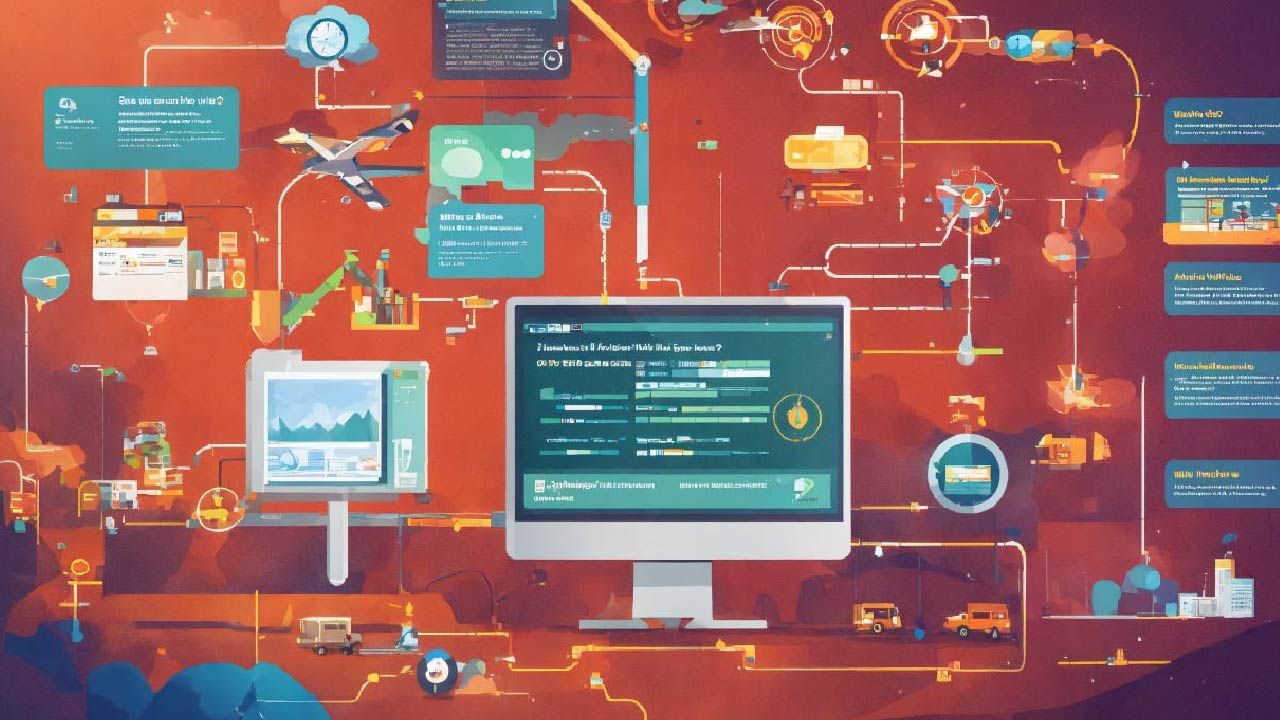
Solutions
Microsoft Transportation Management
The success of any business hinges on the efficient and reliable movement of goods. Enter transportation management, a comprehensive system encompassing the planning, execution, and optimization of the entire transportation process. It ensures your products reach their destination on time, within budget, and in optimal condition.
What is Transportation Management and How Does it Work?

Transportation management involves various stages:
- Planning and Procurement: Selecting the most cost-effective and reliable carriers, negotiating freight rates, and booking shipments.
- Route Optimization: Determining the most efficient transportation routes considering factors like distance, traffic, and fuel costs.
- Shipment Tracking and Visibility: Real-time tracking of freight movement for improved visibility and proactive problem-solving.
- Documentation and Compliance: Ensuring proper documentation for customs clearance and compliance with relevant regulations.
- Performance Monitoring and Analysis: Monitoring key metrics like on-time delivery rates and transportation costs to identify areas for improvement.
Benefits of Effective Transportation Management:
- Reduced Costs: Optimized routes, negotiated rates, and minimized delays lead to significant cost savings on freight transportation.
- Improved Efficiency: Streamlined processes, automated tasks, and real-time visibility enhance overall supply chain efficiency.
- Enhanced Customer Satisfaction: Timely and reliable deliveries contribute to improved customer satisfaction and loyalty.
- Increased Visibility and Control: Proactive monitoring and data analysis empower informed decision-making and proactive risk mitigation.
Key Elements of a Transportation Management System (TMS):
Many businesses leverage Transportation Management Systems (TMS) to automate and optimize transportation processes:
- Software Solutions: TMS automates tasks like carrier selection, route planning, shipment tracking, and freight cost management.
- Integration with other systems: Connects seamlessly with ERP (Enterprise Resource Planning) and WMS (Warehouse Management Systems) to create a unified data flow across the supply chain.
- Reporting and Analytics: Provides comprehensive reports on transportation performance, costs, and carrier performance for data-driven decision-making.
How Technology is Transforming Transportation Management
- Cloud-Based TMS: Offers scalability, flexibility, and remote access, eliminating the need for local software installations and IT overhead.
- Big Data and Predictive Analytics: Analyzing vast amounts of transportation data to forecast freight rates, anticipate disruptions, and proactively identify potential bottlenecks.
- Machine Learning (ML): Algorithms identify patterns and optimize processes for continuous improvement in carrier selection, route planning, and resource allocation.
- Blockchain: Enhances transparency and security of shipping documentation, contracts, and payment processing for improved trust and traceability of goods in transit.
- Internet of Things (IoT): Connected sensors provide real-time information on vehicle location, asset conditions and temperature monitoring (critical for perishable goods) for proactive issue resolution.
Industry-Specific Considerations

TMS solutions are tailored to address the unique complexities and requirements of different industries:
- Retail and E-commerce: Focus on last-mile delivery optimization, managing returns, and offering customers real-time shipment tracking.
- Manufacturing: Integrating with production schedules, managing inbound raw materials, and efficient outbound distribution of finished goods.
- Perishable Goods: Temperature monitoring with alerts, prioritized routing, and specialized transportation resources for optimal product quality during shipping.
- Global Transportation: Compliance with customs regulations, managing international documentation, and optimizing multi-modal freight networks (ocean, air, rail).
Choosing the Right TMS Solution
Factors to consider when evaluating TMS solutions for your business:
- Scalability: Can the TMS grow and adapt alongside your business expansion or fluctuating shipping volumes?
- Integration Capabilities: Does the TMS interface seamlessly with your existing accounting, ERP, and WMS systems?
- Customization: Provides flexibility to configure the system to match your unique workflows and processes.
- Reporting and Analytics: Offers robust reporting with customizable dashboards to track key performance indicators (KPIs) of your transportation operations.
- Support and Implementation: Responsive vendor support and expertise to guide the initial implementation and ongoing management of the system.
Conclusion:

Effective transportation management plays a pivotal role in a seamless supply chain, ensuring efficient movement of goods while minimizing costs and increasing customer satisfaction. By embracing best practices, utilizing technology solutions, and continuously optimizing processes, businesses can navigate the complexities of transportation management and achieve a competitive edge in the global marketplace.
